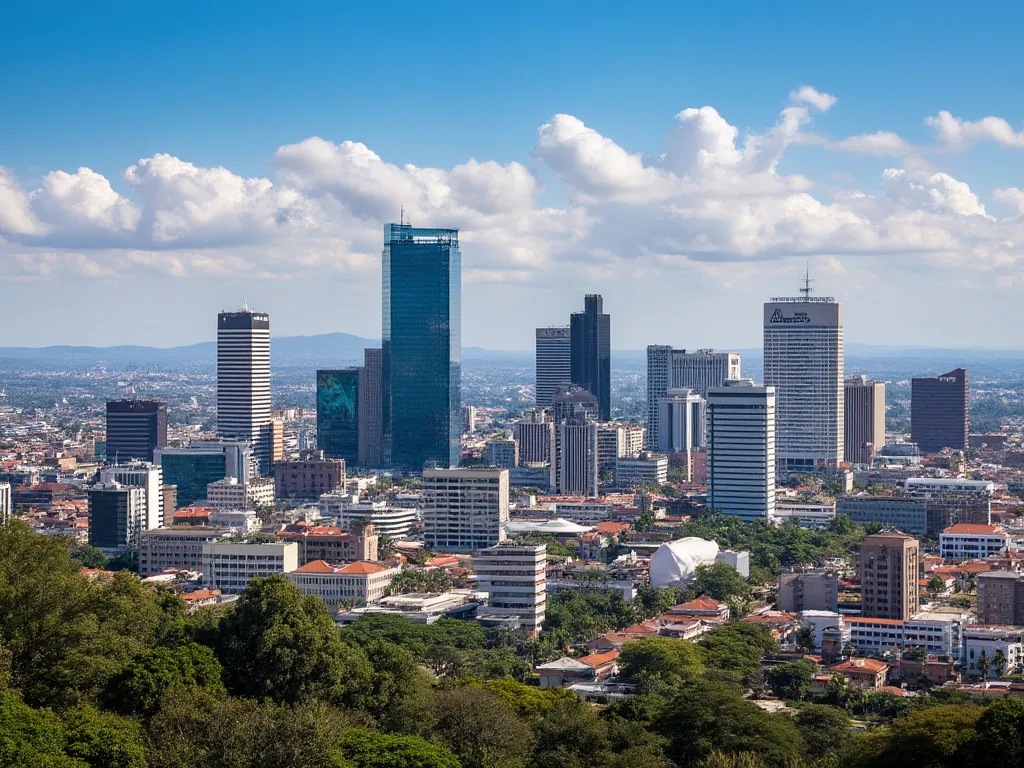
Nairobi, the capital and largest city of Kenya, is a thriving metropolis that seamlessly blends traditional and modern culture. Located in the southeastern part of the country, Nairobi is a hub of economic, cultural, and political activity.
Nairobi Information
| Country | 🇰🇪 Kenya |
| City Population | 4,397,073 (2020 estimate) |
| City Coordinates | 1°17′S 36°49′E |
| City Area | 696 km² (269 sq mi) |
| Climate | Subtropical highland climate (Köppen climate classification: Cfb) |
| Language | Swahili, English |
| Currency | Kenyan shilling (KES) |
| Time zone | EAT (UTC+3) |
| Proximity to other major cities | Mombasa (450 km/280 mi), Kampala (670 km/416 mi), Dar es Salaam (850 km/530 mi) |
Interesting Facts About Nairobi
- Nairobi is home to the only wildlife sanctuary in the world located within a capital city.
- The city hosts the annual Nairobi Marathon, which attracts over 20,000 participants.
- Nairobi is home to several international organizations, including the United Nations Environment Programme and the World Health Organization.
Tourist Attractions in Nairobi
- Nairobi National Park, a wildlife sanctuary located within the city.
- The National Museum of Kenya, which showcases the country's history, culture, and natural heritage.
- The Giraffe Centre, a conservation and education centre where visitors can feed and interact with Rothschild's giraffes.
- The Karen Blixen Museum, dedicated to the life and works of the Danish author and colonialist.
Historical Background of Nairobi
Nairobi was founded in 1899 as a British colonial administration centre. The city's name is derived from the Maasai phrase "Ewaso Nyirobi," which means "cool water." Nairobi quickly grew into a major urban centre, becoming the capital of British East Africa in 1907.
Geographical Location of Nairobi
Nairobi is situated in the southeastern part of Kenya, at an elevation of approximately 1,660 metres (5,450 ft) above sea level. The city is nestled in the highlands of the African Great Rift Valley, surrounded by the Ngong Hills to the west and the Aberdare Range to the east.
Cultural Significance of Nairobi
Nairobi is a melting pot of cultures, with a diverse population of over 4 million people. The city is home to numerous cultural institutions, including the National Museum of Kenya and the Kenya National Theatre. Nairobi is also known for its vibrant music and arts scene, with a blend of traditional and modern African styles.
Economic Importance of Nairobi
Nairobi is the economic hub of Kenya, accounting for over 40% of the country's GDP. The city is a major centre for trade, commerce, and industry, with a thriving service sector, manufacturing, and tourism industries.
Conclusion on Nairobi
Nairobi, the capital city of Kenya, is a vibrant and diverse metropolis that offers a unique blend of traditional and modern culture, rich history, and exciting attractions. From wildlife sanctuaries to cultural institutions and historical landmarks, Nairobi is a must-visit destination for any traveller or enthusiast of African culture.
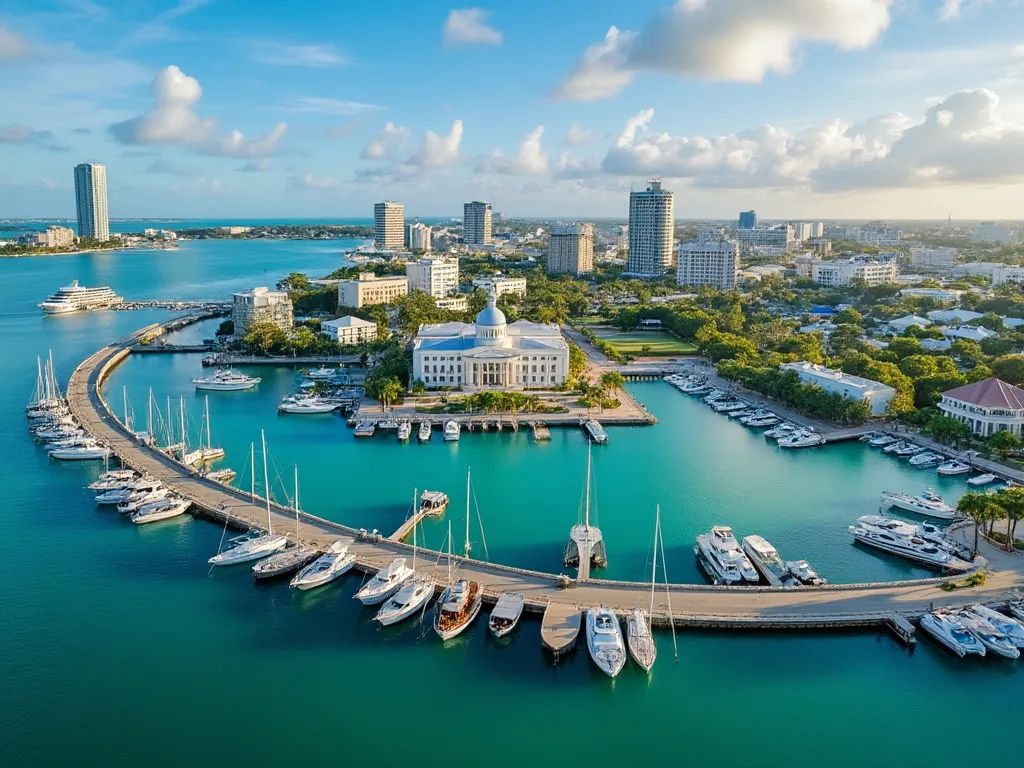 Nassau
Nassau
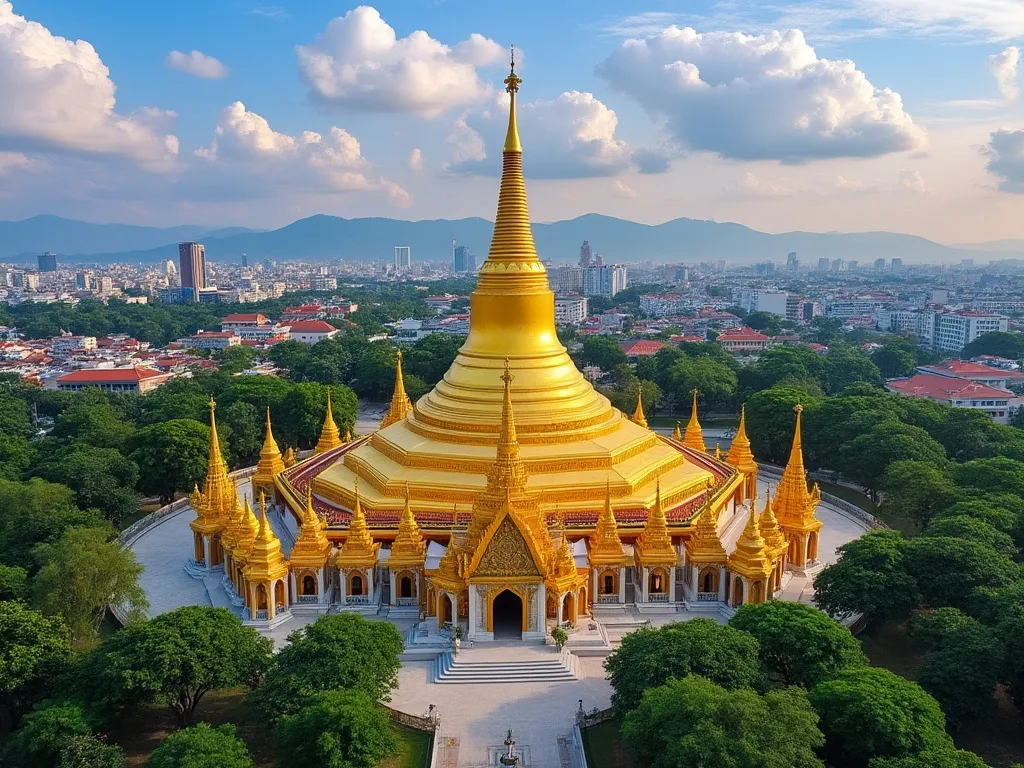 Naypyidaw
Naypyidaw
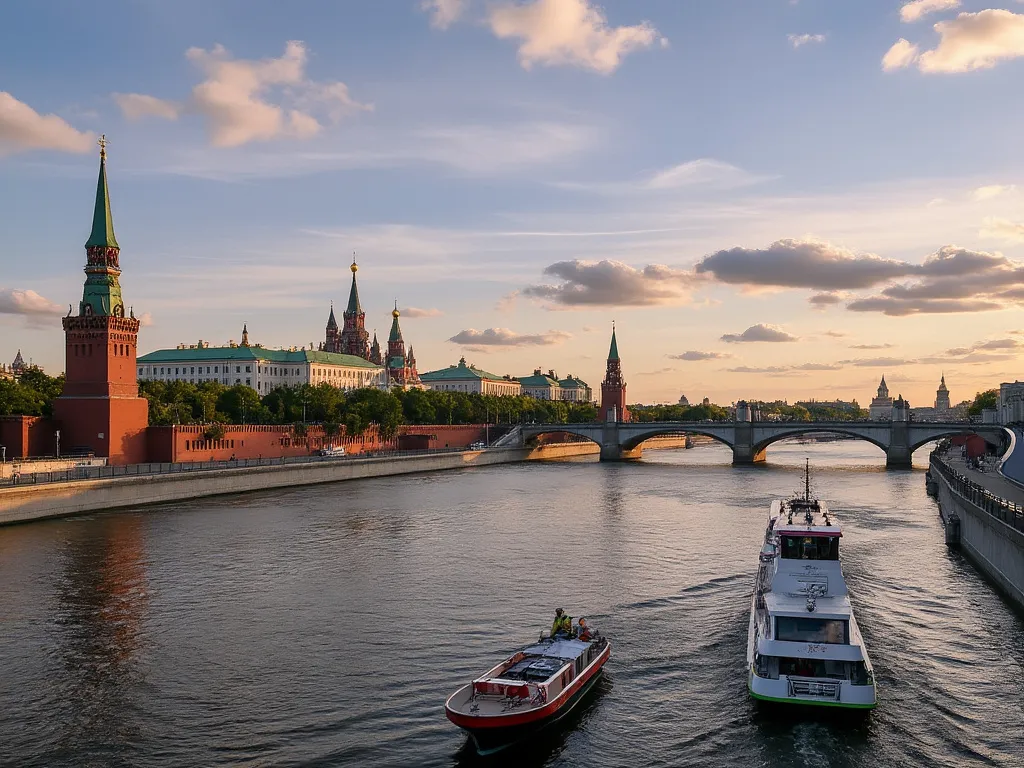 Moscow
Moscow
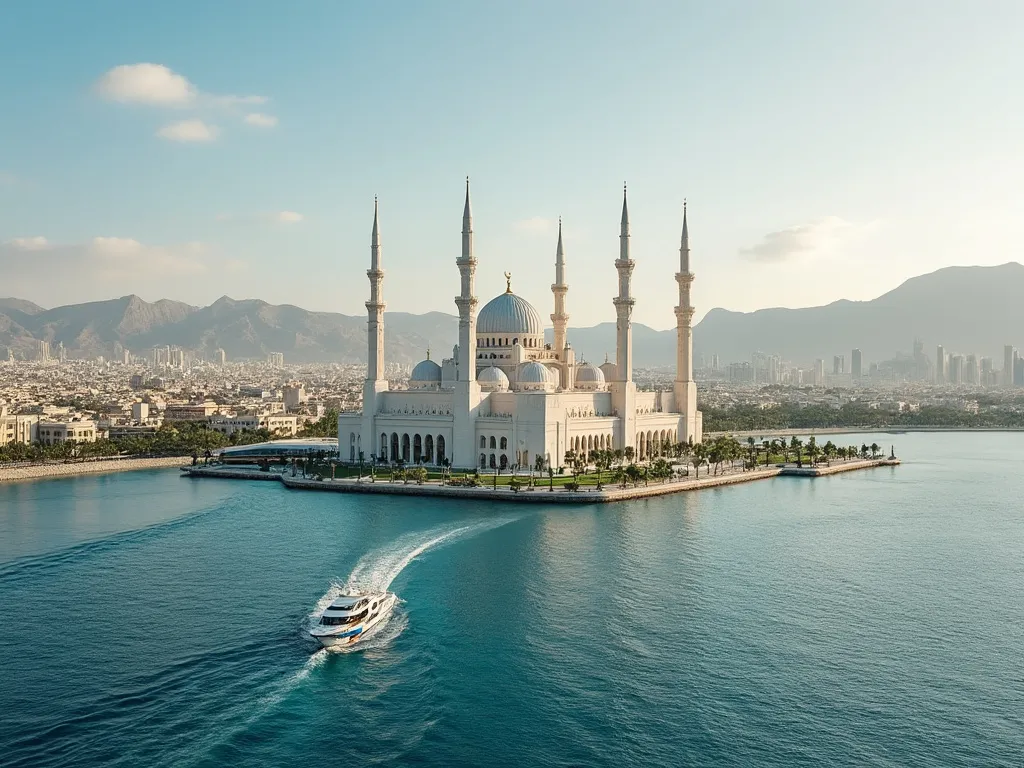 Muscat
Muscat